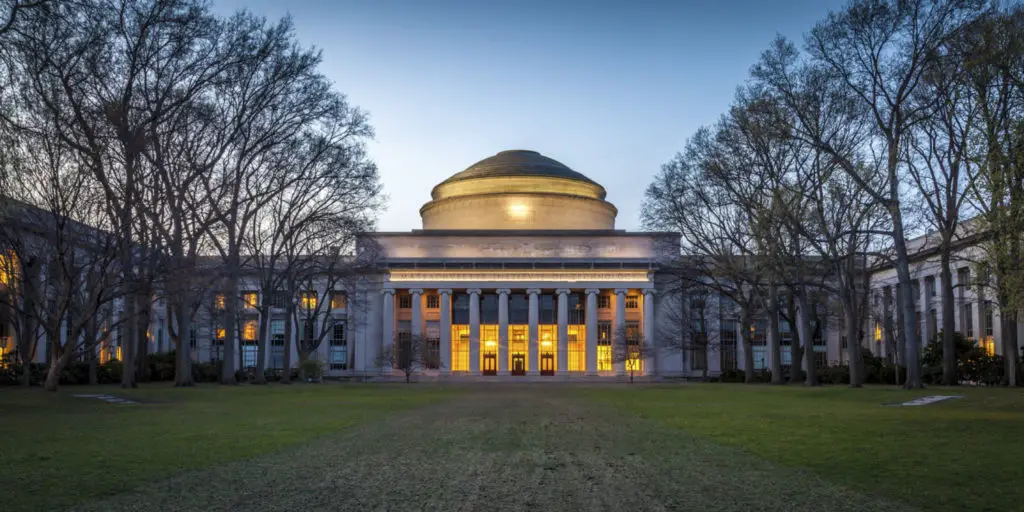Harvard University and the Massachusetts Institute of Technology have received a $9 million gift to research the health effects of cannabis, according to a joint press release issued by MIT.
Manhattan-based financier Charles R. Broderick, an alumnus of both of the universities, donated $4.5 million to each school to unravel the biology of cannabinoids. The donation is one of the largest to date that supports independent research on the science of cannabinoids.
“I want to destigmatize the conversation around cannabis — and, in part, that means providing facts to the medical community, as well as the general public,” Broderick said. “Then we’re all working from the same information. We need to replace rhetoric with research.”
Broderic has made a fortune from investments in companies like Aphria and Tweed Marijuana, two of North America’s most successful cannabis companies.
At MIT, the gift will support independent research for four scientists within the McGovern and Picower institutes. Harvard will use the gift to establish the Charles R. Broderick Phytocannabinoid Research Initiative at Harvard Medical School to study the effects of cannabinoids on brain function, various organ systems, and overall health.
Overall, the research will contribute to informed evidence-based clinical guidelines, societal policies, and the regulation of cannabis.
“The research efforts enabled by Bob’s vision set the stage for unraveling some of the most confounding mysteries of cannabinoids and their effects on the brain and various organ systems,” Wade Regehr, professor of neurobiology in the Blavatnik Institute at Harvard Medical School, said.
The gift effort comes two years after a National Academies of Sciences, Engineering, and Medicine report urged philanthropic organizations, private companies, public agencies, and others to develop a “comprehensive evidence base” to identify beneficial and harmful effects in both short and long term of cannabis use.

